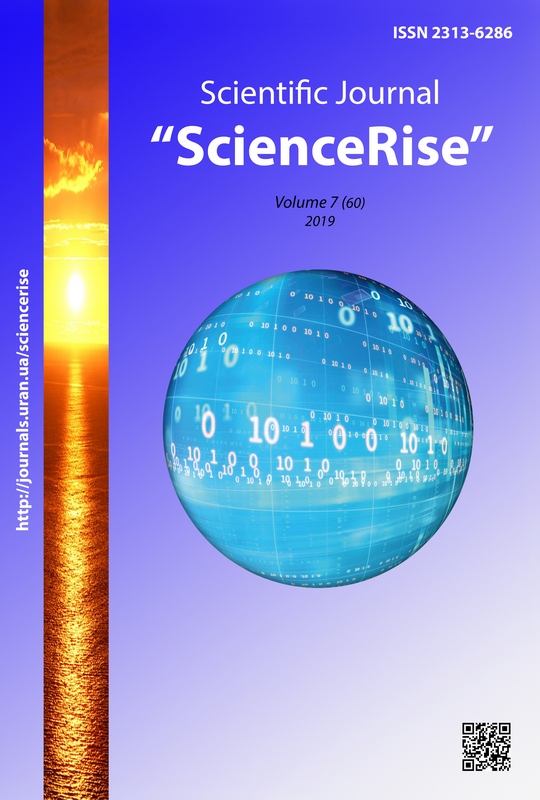The analysis of ethnomental identity crisis in the period of multiculturalism
DOI:
https://doi.org/10.15587/2313-8416.2019.174660Keywords:
mental identity crisis, ethnolinguaculture, multiculturalism, ethnic renaissance, point of mental supportAbstract
Within the frames of given article, the author carries out the analysis of an ethnomental identity crisis that is shown in the context of linguacultural crisis. The author focuses on the phenomenon of ethnic paradox, or ethno-renaissance, analyzes various scenarios for the development of integration processes in the global multicultural field, and suggests ways to overcome the challenges associated with globalization. These phenomena are considered in the context of the European integration vector of the Ukrainian people. Particular attention is paid to the analysis of the crisis manifestations of the integration of representatives of different countries into the European linguistic and cultural space
References
Kolodii, A. (2008). Amerykanska doktryna multykulturalizmu i etnonatsionalnyi rozvytok Ukrainy. Ahora, 6: Ukraina i SShA: vzaiemodiia u haluzi polityky, ekonomiky, kultury i nauky, 5–14.
Zhizhek, S. (2010). O nasilii. Moscow: Evropa, 122.
Badiu, A. (2006). Etika. Ocherk o soznanii zla. Saint Petersburg, 126.
Sarracin, T. (2012). Germaniia: samolikvidaciia. Moscow: Rid Grupp, 400.
Bugental, J. F. T. (1976). The search for existential identity. San Francisco: Jossey-Bass Publishers.
Berdiaev, N. A. (1990). Sudba Rossii. st. «Nacionalnost i chelovechestvo». Moscow, 655.
Huntington, S. P. (2007). The Clash of Civilizations and the Remaking of World Order. New York: Simon and Schuster, 368.
Erikson, E. H. (1994). Identity: Youth and Crisis. New York: W. W. Norton Company.
Drozhzhyna, S. (2004). Kulturna polityka yak problema suchasnoho sotsiokulturnoho protsesu. Donetsk, 17.
Sarrazin, T. (2010). Deutschland schafft sich ab: Wie wir unser Land aufs Spiel setzen. München: Deutsche Verlags-Anstalt, 464.
Downloads
Published
Issue
Section
License
Copyright (c) 2019 Liubov Lysenko

This work is licensed under a Creative Commons Attribution 4.0 International License.
Our journal abides by the Creative Commons CC BY copyright rights and permissions for open access journals.
Authors, who are published in this journal, agree to the following conditions:
1. The authors reserve the right to authorship of the work and pass the first publication right of this work to the journal under the terms of a Creative Commons CC BY, which allows others to freely distribute the published research with the obligatory reference to the authors of the original work and the first publication of the work in this journal.
2. The authors have the right to conclude separate supplement agreements that relate to non-exclusive work distribution in the form in which it has been published by the journal (for example, to upload the work to the online storage of the journal or publish it as part of a monograph), provided that the reference to the first publication of the work in this journal is included.

